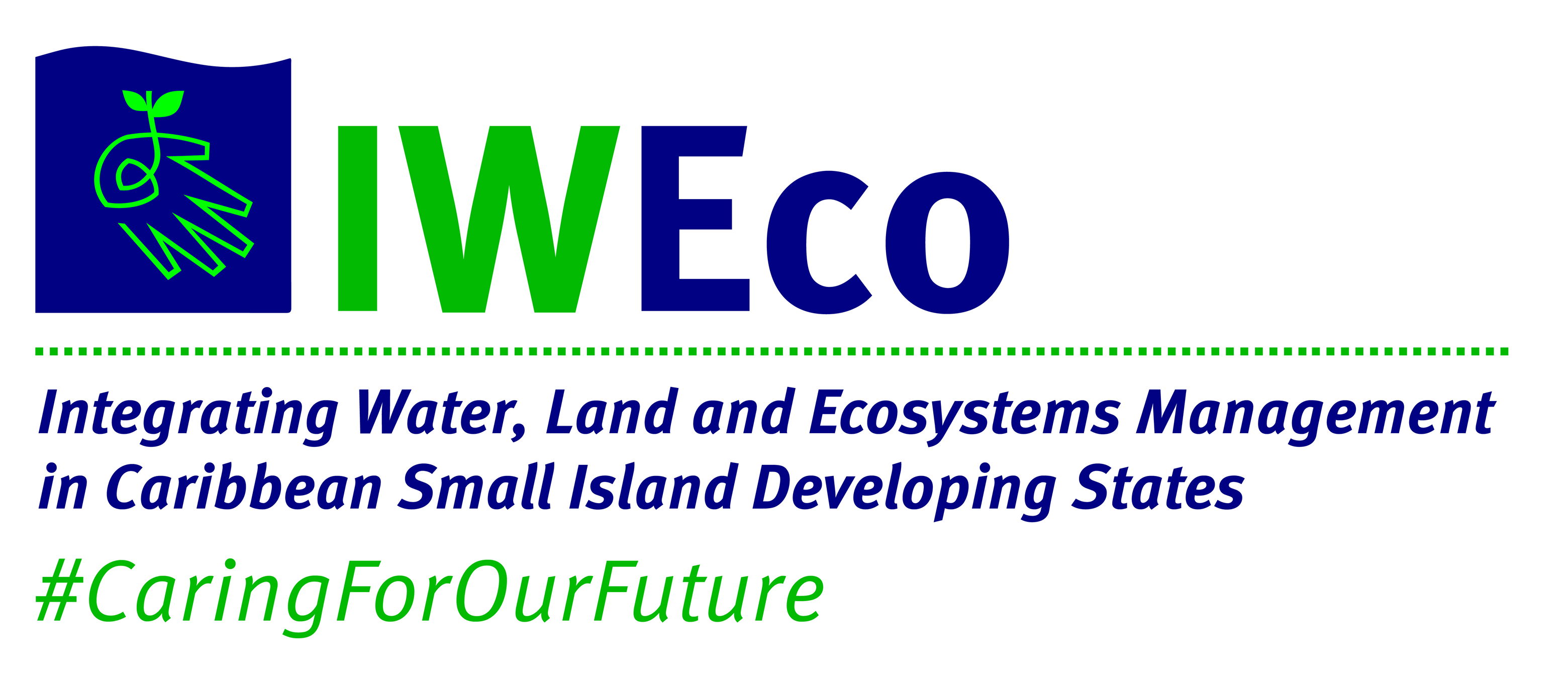It’s time for the Caribbean to Break Up with Plastics
The GEF IWEco Project launches a video in support of UNEP’s Clean Seas Campaign
According to the Report on the Status of Styrofoam and Plastic Bag Bans in the Wider Caribbean published by the UNEP Caribbean Environment Programme in May 2019, the Caribbean is the second most plastic-contaminated sea in the world after the Mediterranean Sea. Estimations of the volume of plastic waste in this area range from 600 to 1,414 plastic items per square kilometer in different locations.
The Global Environment Facility-funded Integrating Water, Land and Ecosystems Management in Caribbean Small Island Developing States (GEF IWEco) Project, launched a short video which takes a lighter look at the issue of marine litter and asks everyone around the world to break-up with single-use plastics.
In the Caribbean, plastic waste makes up a large proportion of debris reaching the sea from sources on land. In the ocean it harms marine life, threatens ecosystems, health and the region’s tourism-based economy. Plastic pollution not only diminishes the natural beauty for which the islands are known; it also compromises the role of the ocean as a provider of food, other resources, and livelihoods.
In February 2017, the United Nations Environment Programme (UN Environment) launched the #CleanSeas Campaign to engage governments, the public, civil society, and the private sector in the fight against marine plastic litter. It aimed to address the root-cause of marine litter by targeting the production and consumption of non-recoverable and single-use plastic by engaging citizens to address the problem in their daily lives. More than anything else, #CleanSeas aims to highlight the scale of the problem.
By April 2019, nine countries in the Wider Caribbean Region had joined sixty other nations in the #CleanSeas Campaign. These were Antigua and Barbuda, Barbados, Colombia, Costa Rica, Grenada, Panama, the Dominican Republic, Saint Lucia, and Trinidad and Tobago.
Several of these countries are participating in the IWEco Project which is partially executed by UN Environment’s Caribbean Environment Programme (CEP), Secretariat to the Cartagena Convention, the only legally binding environmental agreement in the Region.
CEP works to support implementation of the Land-Based Sources of Marine Pollution (LBS) Protocol and the Caribbean Regional Action Plan for Marine Litter (RAPMaLI).
In 2018, it prepared a technical research brief on the implementation of Styrofoam and Single Use Plastic Bag bans in the Caribbean, and, introduced an interactive map (https://www.unenvironment.org/cep/news/blogpost/styrofoam-and-plastic-bag-bans-caribbean- interactive-map) to help in the tracking of progress. These products are being used to raise awareness, throughout the region, on progress made to reduce marine pollution from trash.
IWEco is pleased to introduce this short video which is a true Caribbean collaboration between All Biz Media of Saint Lucia, which did the scripting and videography, and Future Crab Studios of Trinidad and Tobago, which wrote and produced the song and music. This effort was also supported by the Project’s Communications Partnership.
See www.iweco.org for more information.
The video is also available in the IWEco Video Gallery: http://www.iweco.org/resources/video-gallery.
About the IWEco Project
The Integrating Water, Land and Ecosystems Management in Caribbean Small Island Developing States (IWEco Project) is a five-year, regional project that builds upon the work of previous initiatives, to address water, land and biodiversity resource management as well as climate change.
IWEco’s objective is to contribute to the preservation of Caribbean ecosystems that are of global significance and to the sustainability of livelihoods. This will be done through the application of existing proven technologies and approaches best suited for small island developing states. The project will improve the management of fresh and coastal water resources, land resources and forests.
IWEco is funded by the Global Environment Facility (GEF), and the United Nations Environment Programme (UN Environment) is the lead Implementing agency for national and regional sub-projects, with the United Nations Development Programme (UNDP) implementing some activities.
For more information contact:
Donna Sue Spencer
Communications Specialist, GEF IWEco Project
United Nations Environment Programme | 14-20 Port Royal Street | Kingston, Jamaica Phone: 1(876)-922-9267/9; Ext. 6225
Email: donna.spencer@un.org
URL: www.iweco.org
Fb: @caribbeaniweco
Twitter: @iwecoproject
Instagram: iwecocan

